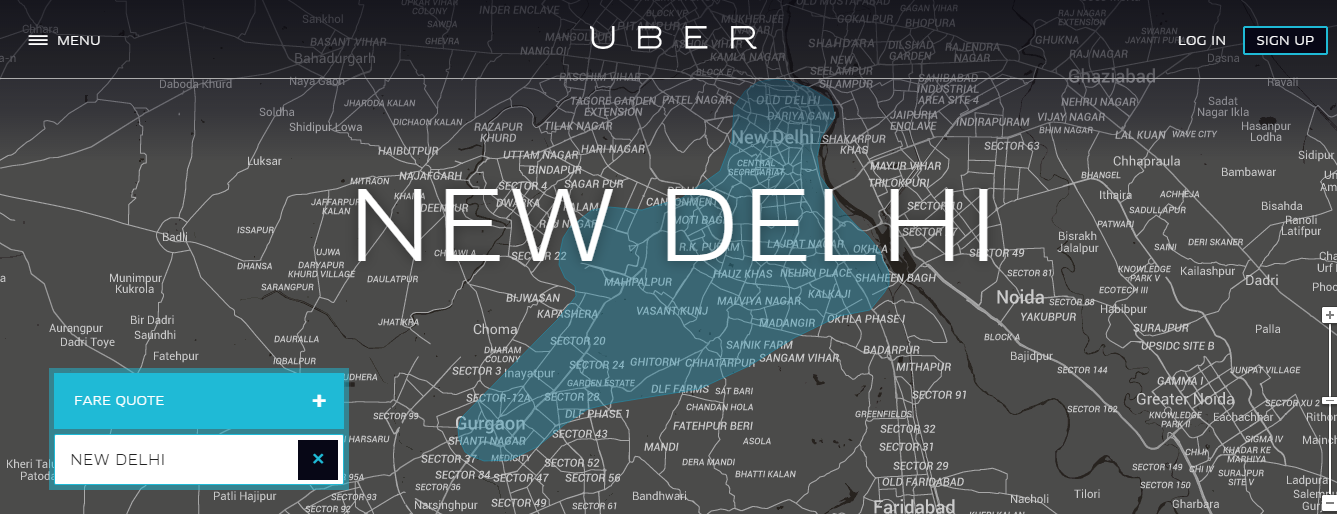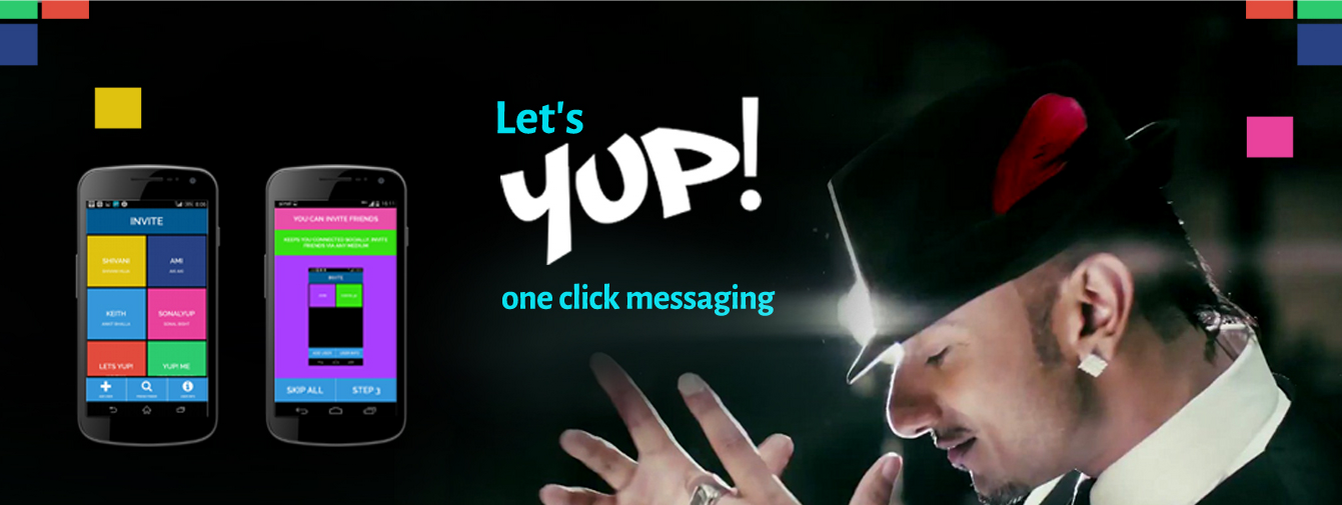Though we all had assumed (including me) that Delhi Transport Department’s latest amendments to the Radio Taxi Scheme will bring huge relief to Uber or Ola. However, after researching further with our legal experts, it turns out that the entire amendments may further complicate Uber and Ola’s problems.
In fact, in an e-mailed statement to us, Uber spokesperson shared similar concerns regarding these amendments and said,
Uber is not a radio taxi company, therefore the Transport Department’s amendments to the radio taxi scheme do not help us serve our riders and partner drivers in Delhi. It also does not accurately reflect the primary role that the Information Act 2000 plays in regulating intermediaries like Uber.
Let us go through the amendments (in brief) and identify as to why Uber and Ola may find it even harder to operate within the current legal framework.
Under the latest amendments, the licensee of a radio taxi license is required to abide by other acts like the Motor Vehicles Act, 1988 and the Information Technology Act, 2000. However, in order to abide by the aforementioned acts, services such as Uber are further required to register under the Companies act, before starting to roll out its public transport services.
In fact, the Radio Taxi Scheme specifically mentions that the license will be granted, only to “a company registered under the Companies Act“. This will further require additional conditions like provision of a permanent office space and new hirings on positions among others.
Moreover, companies such as Uber and Ola, which run exclusively on technology, do not fall under the ambit of a radio taxi service and hence, would be required to apply for a license to continue their services, even under the freshly amended Radio Taxi Scheme.
Responding to the numerous demands of the new amendments, a Uber spokesperson said,
We are committed to working with the government to develop regulations based on a shared commitment to safety and a vision for how technology can improve the transportation environment in major urban areas in India.
In an attempt to ease business for app-based services like Uber, Delhi Government has indeed made it even more difficult for them to operate by further complicating the Radio Taxi Scheme.
To clear the entire picture for our readers, we will be presenting an in-depth analysis of this entire judgement, with our legal expert, Professor Shamnad Basheer from NLU, Bangalore. Till then, here’s the copy of the freshly amended Radio Taxi Scheme :
The Tech Portal is published by Blue Box Media Private Limited. Our investors have no influence over our reporting. Read our full Ownership and Funding Disclosure →







